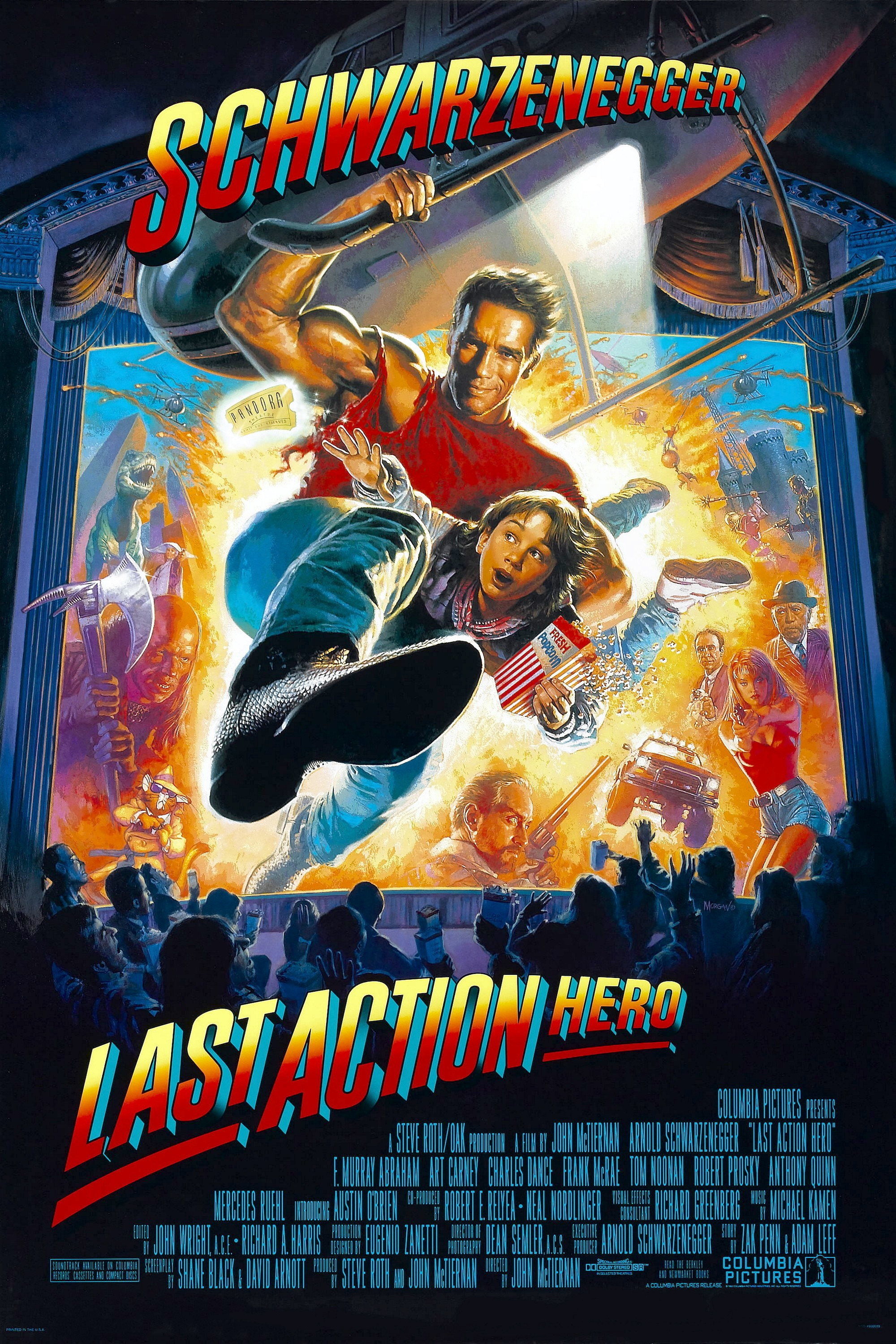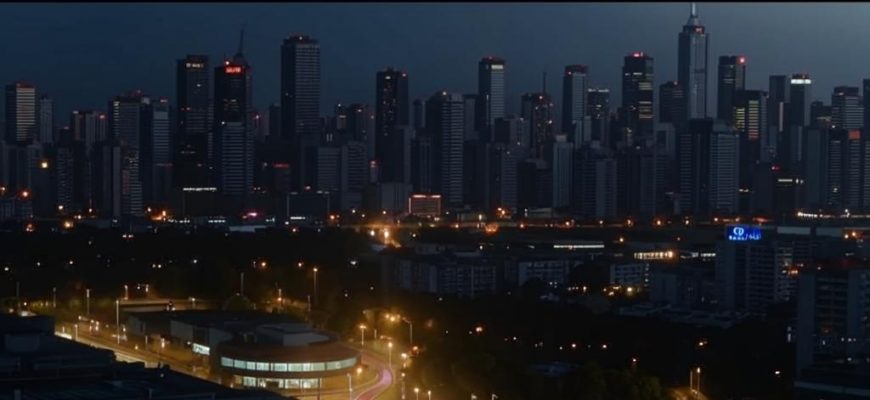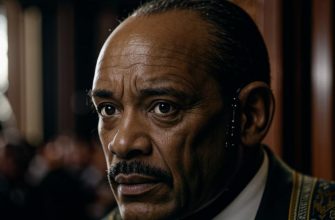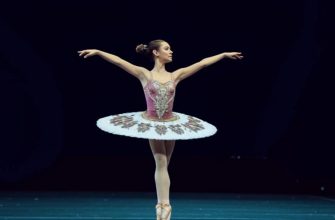Throughout film history, an intriguing sub-genre that has captured both the imagination of audiences and the introspective gaze of filmmakers themselves is films about cinemas. These movies often explore the magic of moviegoing, the behind-the-scenes of cinema operations, or the impact of films on individuals and communities. They serve as a love letter to the art of filmmaking and the experience of watching movies in a shared space. Here are some notable films about cinemas, each providing a unique perspective on the world of cinema.
“Last Action Hero”, 1993
Director: John McTiernan

A film that combines action, comedy, and a love for cinema, directed by John McTiernan. It features a young boy who is magically transported into the world of his favorite action movie hero. This film plays with the concept of cinema as a portal to other worlds and the escapist allure of movies.
Starring: Arnold Schwarzenegger, Austin O'Brien, Charles Dance, F. Murray Abraham, Bridgette Wilson, Tom Noonan, Robert Prosky, Anthony Quinn, Mercedes Ruehl, Frank McRae;
Production year: 1993;
Genre: fantasy, action, comedy, adventure;
MPAA rating: pg13;
Duration: 130 min.;
Rating: IMDB: 6,5;
More information about the film “Last Action Hero” on the website imdb.com
“The Purple Rose of Cairo”, 1985
Director: Woody Allen

Directed by Woody Allen, this film tells the story of Cecilia, a Depression-era waitress who finds solace from her bleak life by frequently attending movies. In a magical twist, a character from one of her favorite films walks off the screen and into her life. It's a poignant examination of the power of cinema to offer escape and the blurring lines between fiction and reality.
Starring: Mia Farrow, Jeff Daniels, Danny Aiello, Irving Metzman, Stephanie Farrow, David Kieserman, Elaine Grollman, Victoria Zussin, Mark Hammond, Wade Barnes;
Production year: 1985;
Genre: fantasy, melodrama, comedy;
MPAA rating: pg;
Duration: 82 min.;
Rating: IMDB: 7,7;
More information about the film “The Purple Rose of Cairo” on the website imdb.com
“Hugo”, 2011
Director: Martin Scorsese

Directed by Martin Scorsese, this film is set in 1930s Paris and centers on a young orphan living in the walls of a train station who becomes wrapped up in a mystery involving his late father and an automaton. The film pays tribute to the early days of cinema, particularly through the story of Georges Méliès, a real-life pioneer of filmmaking. “Hugo” is both a historical tribute and a visual feast that celebrates the magic and invention of movies.
Starring: Asa Butterfield, Chloë Grace Moretz, Ben Kingsley, Sacha Baron Cohen, Helen McCrory, Michael Stuhlbarg, Christopher Lee, Emily Mortimer, Jude Law, Richard Griffiths;
Production year: 2011;
Genre: drama, detective, adventure, family;
MPAA rating: pg;
Duration: 126 min.;
Rating: IMDB: 7,5;
More information about the film “Hugo” on the website imdb.com
“Sherlock Jr.”, 1924
Director: Buster Keaton

A silent comedy film directed by and starring Buster Keaton. Keaton plays a movie projectionist and janitor who dreams of becoming a detective. After being falsely accused of theft, he dreams himself into a movie where he is the detective hero. It's a clever, ahead-of-its-time exploration of the intersection between cinema and dreams, showcasing early meta-cinematic themes.
Starring: Buster Keaton, Kathryn McGuire, Joe Keaton, Erwin Connelly, Ward Crane, Jane Connelly, George Davis, Doris Deane, Christine Francis, Betsy Ann Hisle;
Production year: 1924;
Genre: fantasy, comedy, detective;
Age: 16+;
Duration: 45 min.;
Rating: IMDB: 8,2;
More information about the film “Sherlock Jr.” on the website imdb.com
These films, each in their own way, reflect on the power, magic, and influence of cinemas and moviegoing, offering audiences a chance to reflect on their own experiences with the art form.
In delving into the heart of what makes the cinema a magical place, films about cinemas have a unique way of capturing not just the stories projected on the screens, but the lives, dreams, and emotional landscapes of those who inhabit these hallowed halls. They serve as a testament to the power of storytelling, an homage to the art of filmmaking, and a reflection on the communal experience of film-watching that can transform a simple auditorium into a place of refuge, wonder, and inspiration. From the fantastical realms explored in “Cinema Paradiso” to the intimate, behind-the-scenes glimpse offered by “The Last Projectionist,” these films remind us why the cinema has been, and continues to be, a cherished institution in cultures around the world. They encourage audiences to not only revel in the storytelling magic cinemas facilitate but also to acknowledge the enduring importance of these spaces in fostering a shared humanity, bridging divides through the universal language of film.









